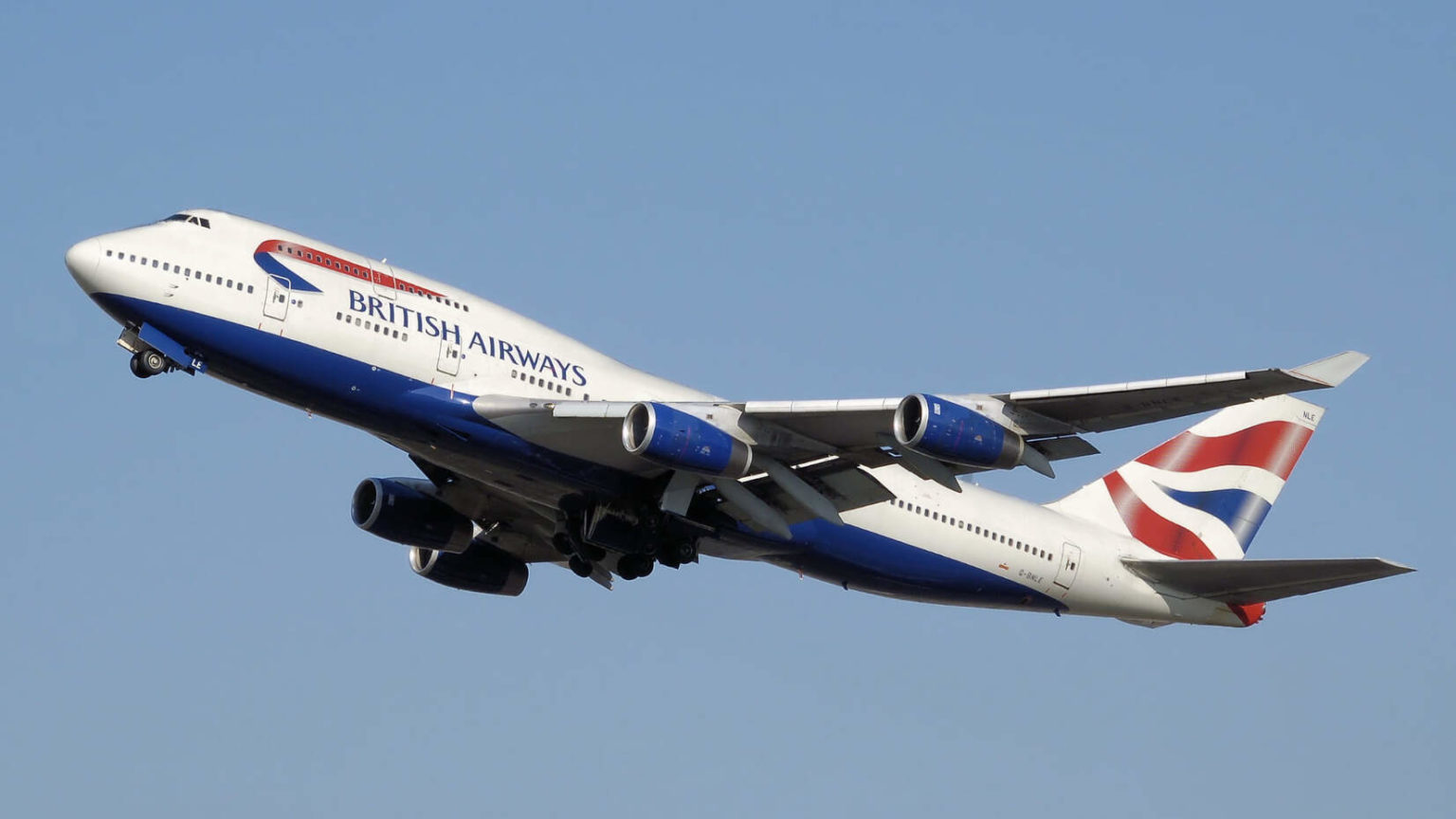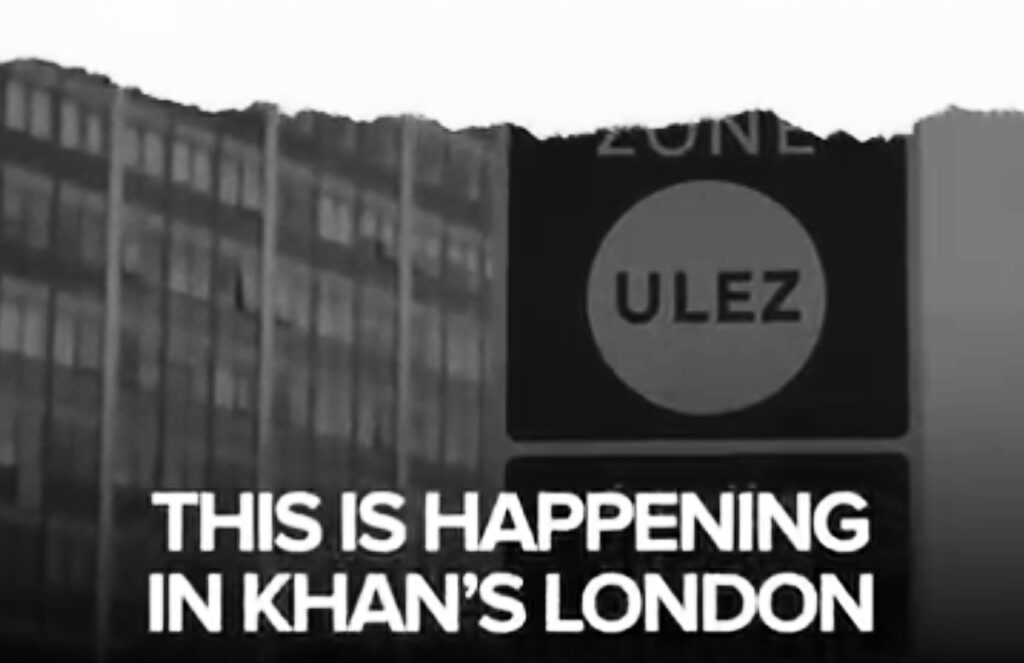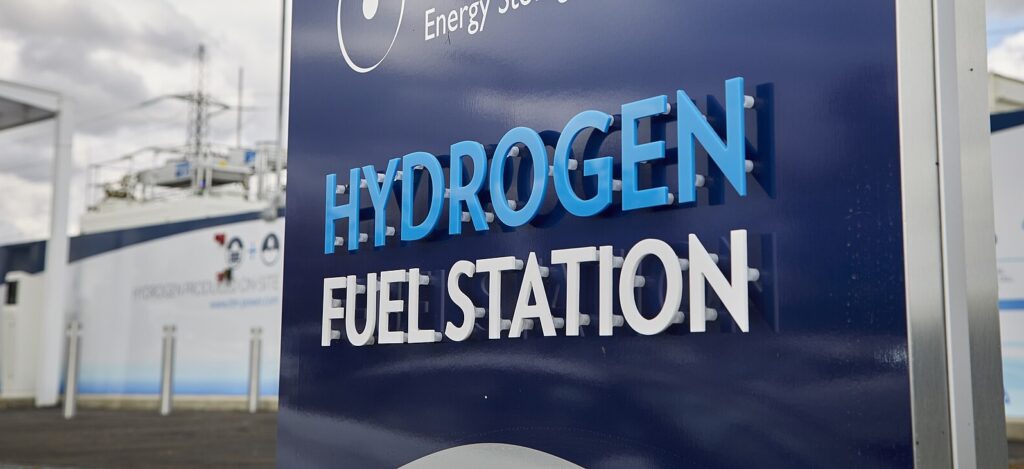It is “highly likely” that a proportion of upcoming job losses in the aviation industry will be permanent in the long term, a new report says.
Job losses in the aviation sector and its supply chain will likely top 70,000 in the next two to three months due to COVID-19 health measures, says the analysis; larger than the job losses seen at the peak of the UK coal industry’s decline 1980-81.
The coronavirus crisis has seen planes grounded across the world, with global demand for flights dropping by up to 95 percent below 2019 levels at its lowest point. The industry is not expecting a return to 2019 levels for at least three to five years.
But the government should prepare for an even longer decline in jobs in the industry, says the report, written by the New Economics Foundation (NEF) in collaboration with the Trades Union Congress (TUC), aviation unions and climate action charity Possible. The groups call for new policies to help affected workers, including protecting against redundancy rates in the short term and support to retrain in other roles.
Like what you’re reading? Support DeSmog by becoming a patron today!
Reforms
The government needs to reform how aviation is taxed to better reflect the sector’s climate impact, the report says, and ensure that any bailouts include strong social and environmental conditions.
“In the structuring of its aviation sector bailouts, the UK government has its first opportunity to ensure that we build back better, both supporting ordinary people and building resilience against future crises, including by ensuring that assistance provided to help companies through the COVID-19 crisis supports decarbonisation,” the report says.
The analysis comes after the Bank of England last week revealed it had distributed £1.8bn of public money in bailouts to airlines, including British Airways (£300 million), EasyJet (£600 million), Ryanair (£600 million) and Wizz Air (£300 million), with no environmental conditions attached.
Despite this support, EasyJet has announced a 30 percent reduction to its workforce, while British Airways has said up to 12,000 of its staff could lose their jobs as it restructures in response to the crisis.
Many of the jobs lost in the wake of the coronavirus crisis won’t return, the report warns. It estimates that at least 17,000 of the aviation jobs lost over the next few months will be permanent.
The sector has already seen its “job intensity” — the ratio of jobs to passengers — fall an average 2.6 percent a year over the past 20 years, due to rising automation and service cutbacks, the report says.
“This is a message that runs counter to government and industry hype about the potential for job creation as a justification for more growth,” says Tim Johnson, director of the UK non-profit the Aviation Environment Federation (AEF).
Prior to the COVID-19 crisis the consensus among experts was that passenger flight numbers will likely need to be constrained to ensure the UK hits its climate targets. This view was supported by a letter from the UK government’s official climate change advisors to the government last year.
“In the absence of a true zero-carbon plane, demand cannot continue to grow unfettered over the long-term,” the Committee on Climate Change said, noting that aviation will likely be the largest emitting sector in the UK by 2050.
Supporting workers
This increases the imperative to support workers to transition to other industries, the report says. The authors recommend converting the government’s current job retention scheme into a reskilling programme which protects employment while workers are supported to transition into alternative climate-friendly roles.
Last week a group of NGOs including AEF, Possible and Greenpeace UK released a report arguing that low taxes on aviation have for decades acted as an indirect subsidy to the industry. The aviation sector’s exemption from VAT and fuel duty mean it already effectively receives a £7 billion tax break per year. The retraining and job retention policy package proposed in the New Economics Foundation report is costed at around £3 billion in total.
“We cannot consign these workers to the despair of unemployment, Frances O’Grady, General Secretary of the Trades Union Congress (TUC), said in a statement.
“Aviation needs immediate support – and not just to protect the incomes of billionaire airline owners. Government must act now to protect workers’ jobs and livelihoods, to support the longer-term viability of the sector and to facilitate a just-transition to lower-carbon operations.”
Image credit: Public Domain
Subscribe to our newsletter
Stay up to date with DeSmog news and alerts







